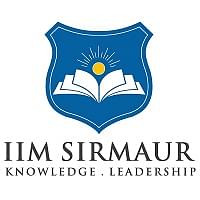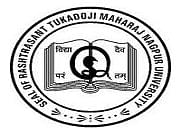Unlocking the Cosmos: A Comprehensive
Guide to M.Sc. Space Science Admission, Eligibility, and Syllabus
Embarking on a Master of Science M.Sc. in Space Science is a
thrilling journey into the mysteries of the universe, combining physics,
astronomy, and cutting-edge technology. This guide provides a detailed roadmap
covering admission procedures, eligibility criteria, and an insightful look
into the enriching syllabus of this captivating discipline.
Admission Process and Criteria
Securing admission M.Sc. program Space Science typically requires a
bachelor's degree in Physics, Astronomy, Astrophysics, Engineering, or a
related scientific field. Universities look for candidates with a strong
academic background, often emphasizing courses in mathematics, physics, and
computer science. Additionally, candidates are usually required to submit
standardized test scores such as the GRE (Graduate Record Examination) to
demonstrate their aptitude for advanced studies.
Letters of recommendation from professors or supervisors familiar with the
applicant's academic capabilities and potential for research are crucial. A
compelling personal statement detailing the candidate's passion for space
exploration, career aspirations, and specific research interests can
significantly strengthen the application. Some universities may also conduct
interviews to assess the applicant's suitability for the program.
Eligibility Requirements
Eligibility criteria vary among universities but generally include a minimum
GPA requirement (typically around 3.0 on a 4.0 scale) for the undergraduate
degree. International students are often required to demonstrate proficiency in
the language of instruction through standardized tests like TOEFL or IELTS.
Prerequisite coursework in subjects such as astronomy, planetary science, and
astrophysics may also be required, depending on the program's focus.
Syllabus Overview
The syllabus M.Sc. in Space Science is designed to provide a
comprehensive understanding of celestial bodies, space exploration technology,
and the vast cosmos. Core courses typically include:
1. Astrophysics
and Cosmology: Exploring the fundamental principles governing the
universe, including stellar evolution, cosmological models, and dark matter.
2. Planetary
Science: Investigating the geology, atmospheres, and potential for
life on planets and moons within our solar system and beyond.
3. Space
Exploration Technology: Studying the technology and engineering behind
spacecraft, satellites, and probes used in space missions.
4. Remote
Sensing and Satellite Data Analysis: Utilizing satellite data for
Earth observation, climate monitoring, and environmental studies.
5. Space
Policy and Law: Understanding the legal and regulatory frameworks
governing international space activities and exploration.
Moreover, practical training through laboratory work, simulations, and
potentially internships or research projects form an integral part of the
curriculum. These hands-on experiences equip students with the necessary skills
to apply theoretical knowledge in real-world scenarios and contribute
meaningfully to the field of Space Science at top college.












